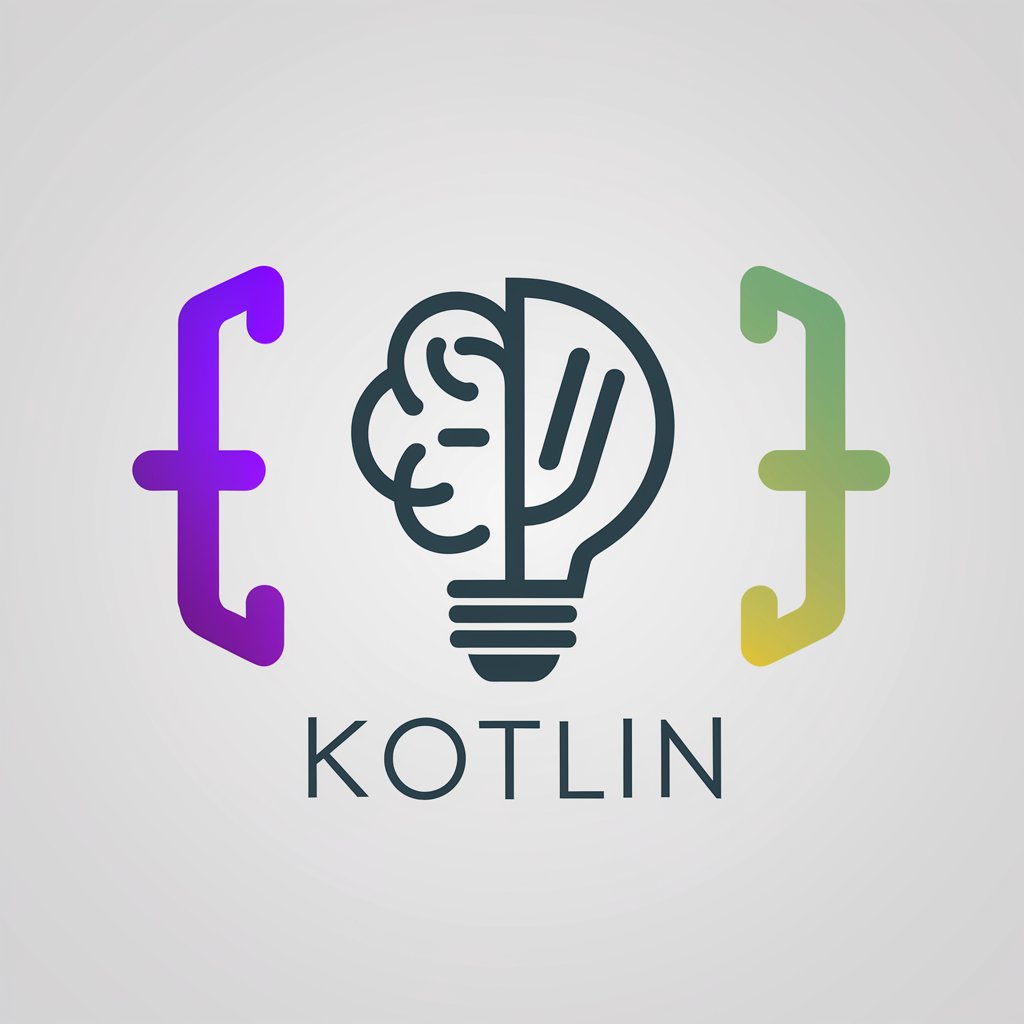
🎯 Kotlin's `when` Power User - Kotlin Control Flow Mastery

Master Kotlin's `when` for smarter code.
Create a `when` expression for a number's sign.
How would you handle multiple conditions in a `when` expression?
Show me a nested `when` expression example.
Write a `when` statement with a complex condition.
Get Embed Code
Introduction to 🎯 Kotlin's `when` Power User
🎯 Kotlin's `when` Power User is a specialized tool designed for Kotlin developers focusing on mastering the `when` expression, a versatile feature that outshines Java's `switch` statement. This tool aims to provide in-depth guidance on constructing comprehensive `when` expressions tailored to various programming scenarios. It emphasizes code readability and conciseness, ensuring that developers can handle multiple conditions and actions within a single, elegant construct. For instance, a common scenario might involve categorizing input data and executing specific logic based on the category. Instead of using multiple if-else statements, a `when` expression can succinctly handle this with clear, readable syntax, making code maintenance and understanding significantly easier. Powered by ChatGPT-4o。

Main Functions of 🎯 Kotlin's `when` Power User
Pattern Matching
Example
val result = when (x) { 1 -> "One"; else -> "Other" }
Scenario
This function is particularly useful for scenarios where a variable needs to be checked against multiple constant values or conditions. It simplifies the code by eliminating the need for multiple if-else statements, providing a clear and concise way to handle various cases.
Smart Casts
Example
when (x) { is Int -> print(x.inc()); is String -> print(x.toUpperCase()) }
Scenario
Ideal for scenarios where the type of a variable needs to be checked and different actions need to be taken based on that type. This feature leverages Kotlin's smart cast capability to safely cast variables within branches, making the code safer and more readable.
Handling Arbitrary Conditions
Example
when { x < 5 -> println("Less than 5"); x == 10 -> println("Exactly 10") }
Scenario
Useful in complex scenarios where conditions are not just dependent on a single variable but might involve multiple variables or complex expressions. This allows for more flexible and powerful decision-making within the code.
Sealed Classes Handling
Example
when (mySealedClassInstance) { is SealedClassType1 -> handleType1(); is SealedClassType2 -> handleType2() }
Scenario
Particularly beneficial in scenarios involving sealed classes where each subclass represents a distinct case. This ensures exhaustive handling of all possible cases, enhancing type safety and making the code more robust.
Ideal Users of 🎯 Kotlin's `when` Power User Services
Kotlin Developers
Developers working on Kotlin-based projects looking to write more readable, concise, and maintainable code. They benefit from understanding and applying advanced `when` expressions in their codebase, improving code quality and developer productivity.
Software Architects
Architects who design software systems with Kotlin can leverage `when` expressions to propose cleaner, more efficient solutions for handling complex control flow, contributing to the overall system's maintainability and scalability.
Programming Educators
Educators and mentors in programming who wish to teach Kotlin will find this tool invaluable for demonstrating elegant coding practices, particularly in explaining control flow constructs and promoting best coding practices among learners.
Code Reviewers
Individuals responsible for reviewing Kotlin code can use this tool to suggest improvements and optimizations, particularly advocating for the use of `when` expressions to simplify complex conditional logic, enhancing code readability and maintainability.

How to Utilize Kotlin's `when` Power User
Start with a Trial
Initiate your journey by exploring the capabilities of Kotlin's `when` Power User through a hassle-free trial at yeschat.ai, no signup or ChatGPT Plus required.
Understand the Basics
Familiarize yourself with Kotlin's syntax and `when` expression. A strong foundation in Kotlin programming is essential for leveraging the tool effectively.
Identify Use Cases
Determine specific scenarios where Kotlin's `when` expression can optimize your code, such as simplifying complex conditionals or handling multiple possible outcomes.
Experiment and Learn
Use the tool to experiment with different `when` expressions in your code. Practice with various conditions and outcomes to master its usage.
Apply Best Practices
Incorporate Kotlin's best practices into your usage of `when` expressions to ensure your code is clean, efficient, and maintainable.
Try other advanced and practical GPTs
Domain Scout
Unleash creativity with AI-powered literary insights

Domain Scout 💻 Check Domain Availability 🌐
AI-Powered Domain Discovery

🐞 Debug ActionScript 3
Solve ActionScript 3 issues with AI-powered assistance
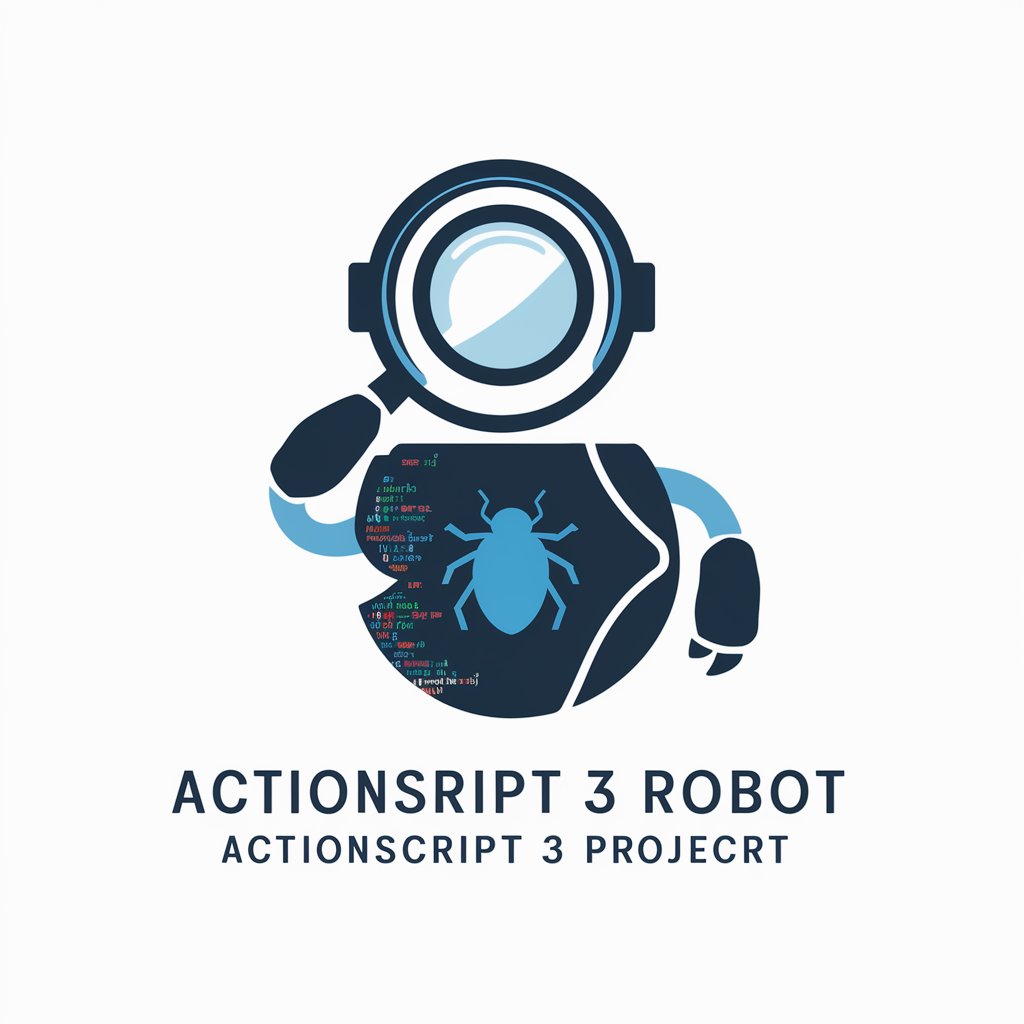
ActionScript Animation
Animating your ideas, powered by AI
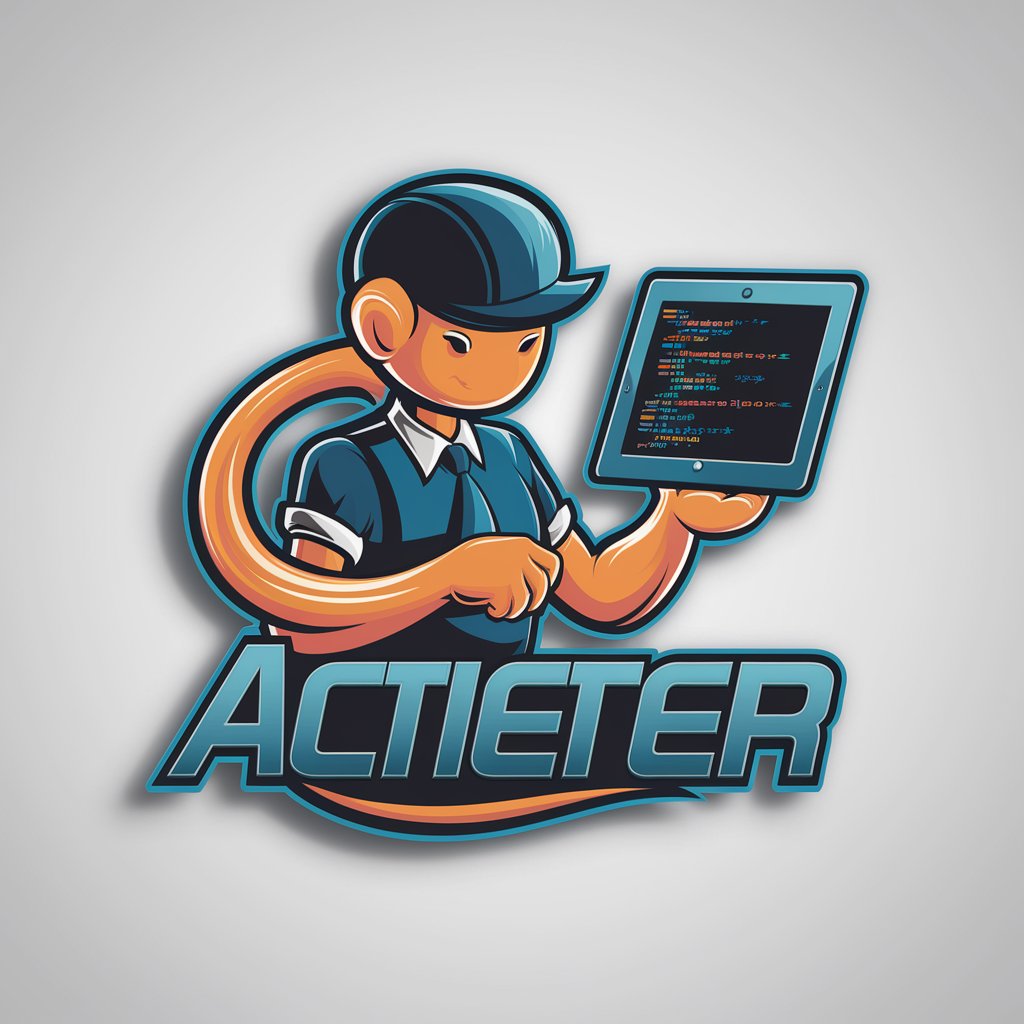
Mr. Programmer GPT
Empowering Coders with AI-Powered Insights
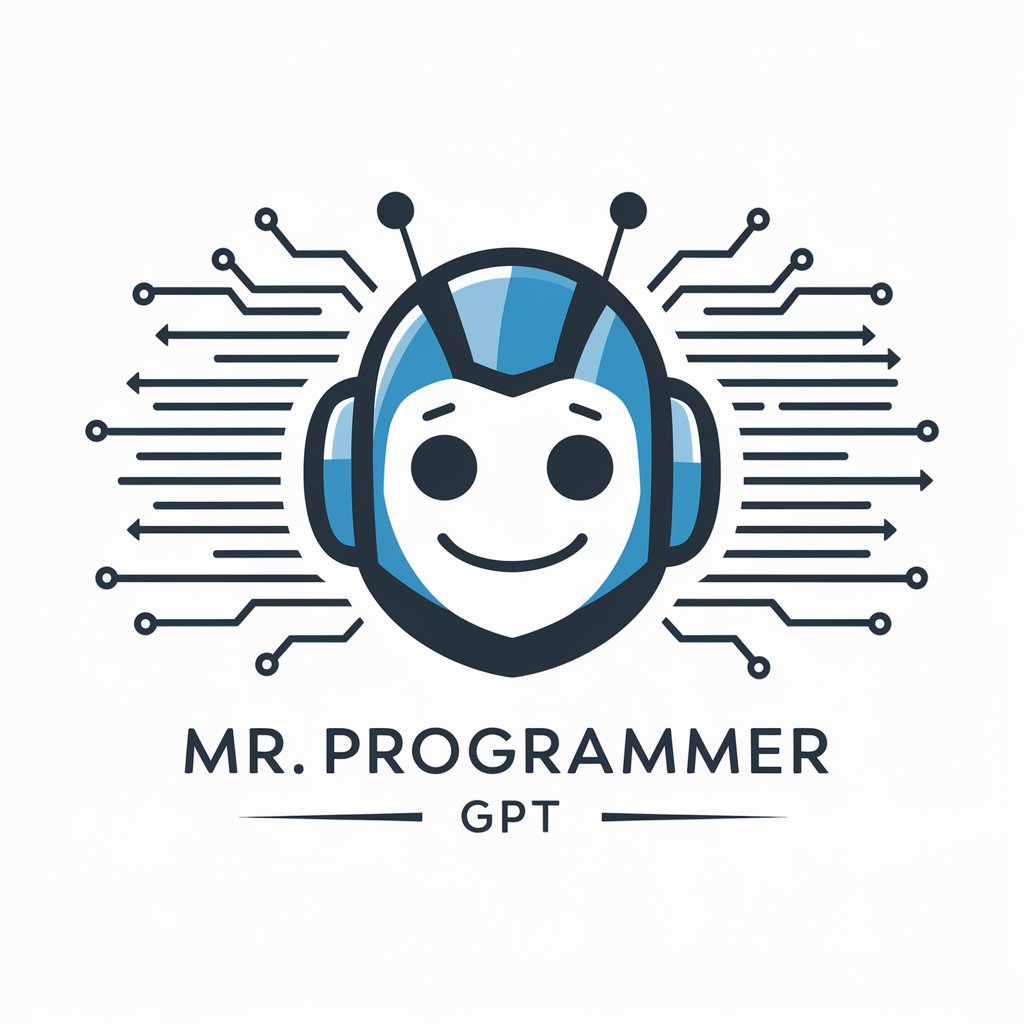
B2B Trend Identification & Analyzer GPT
Empowering businesses with AI-driven trend analysis

Risk Management Advisor
Empowering decision-making with AI-powered risk management.

Decision-maker
Empowering decisions with AI-powered wisdom

C++ Exception Handling Explained
Master C++ errors with AI-driven insights
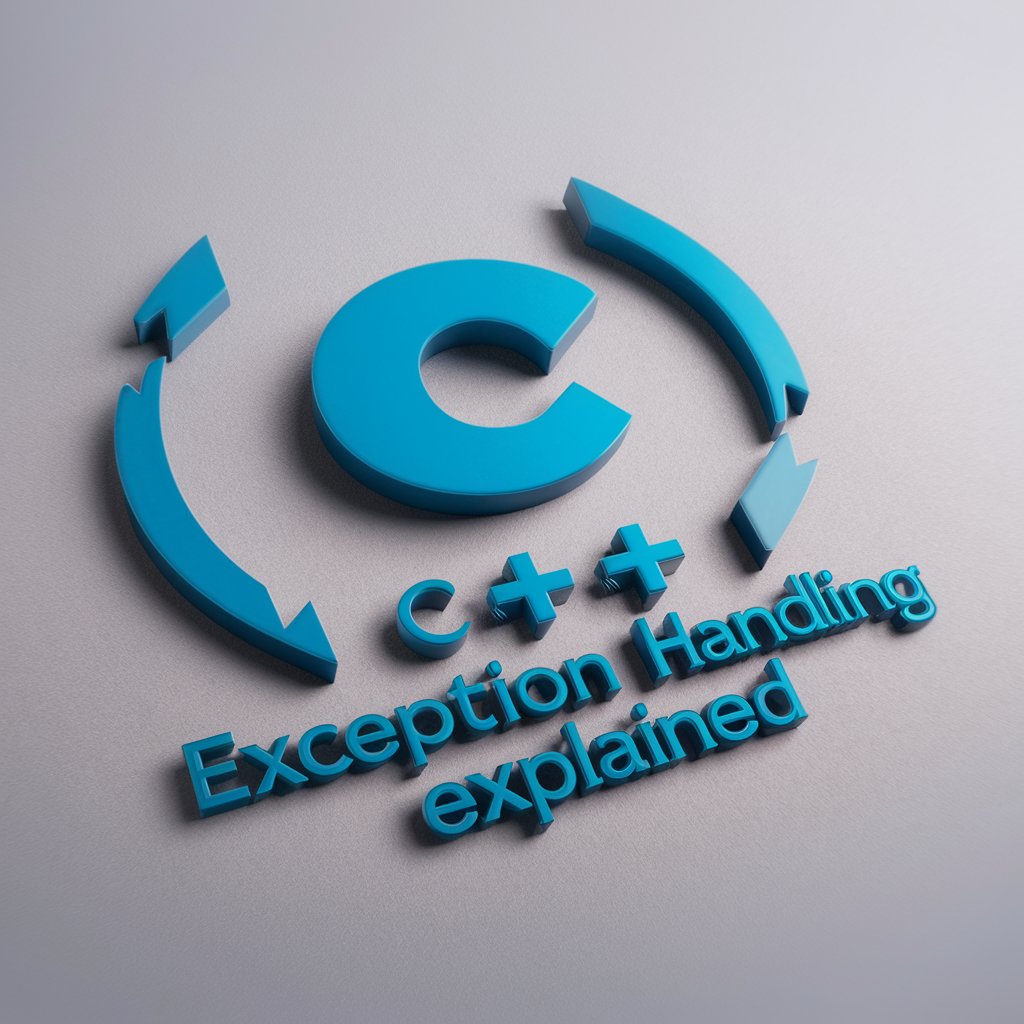
Python Chatbot Creation: ChatterBot Made Easy
Empower conversations with AI-driven chatbot technology.
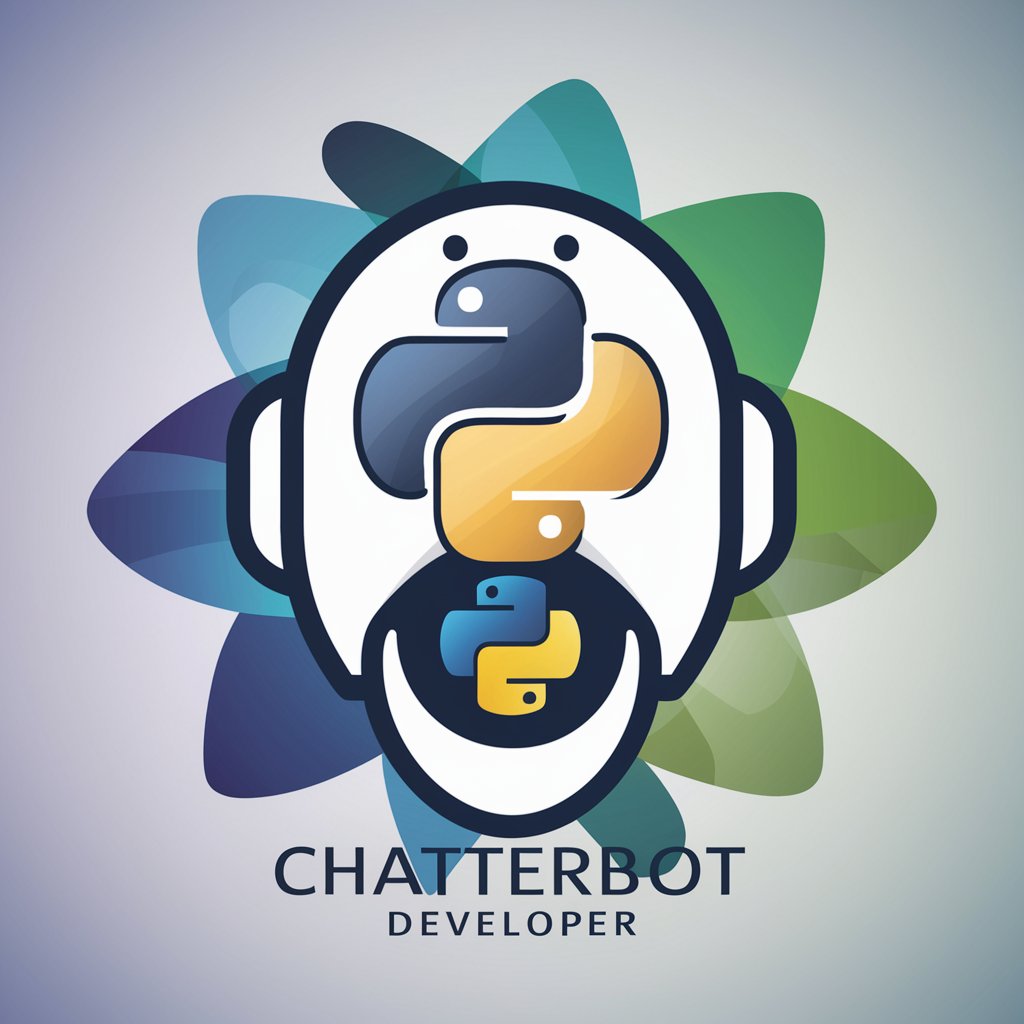
Automated Prompt Refinement
AI-powered prompt refinement for everyone.
Refining precious Metals - C.M. Hoke
Empowering Metal Refinement with AI

FAQs on Kotlin's `when` Power User
What is Kotlin's `when` Power User?
It's a specialized tool designed to help developers master the use of Kotlin's `when` expression, enhancing code readability and efficiency by replacing traditional control flow statements.
Can Kotlin's `when` Power User help beginners?
Absolutely. It's tailored to assist both beginners and experienced developers by providing a detailed understanding and practical examples of `when` expressions in various programming scenarios.
What are the key benefits of using Kotlin's `when` Power User?
Key benefits include improved code readability and conciseness, efficient handling of complex conditional logic, and enhanced learning of Kotlin's advanced features.
How does Kotlin's `when` Power User differ from Java's switch statement?
Kotlin's `when` Power User focuses on the `when` expression, which is more versatile and powerful than Java's switch statement, allowing for pattern matching, type checks, and complex conditionals.
Can I use Kotlin's `when` Power User for non-traditional use cases?
Yes, Kotlin's `when` Power User is versatile enough to be applied in a variety of programming contexts, including UI development, data processing, and more, pushing the boundaries of traditional use cases.


